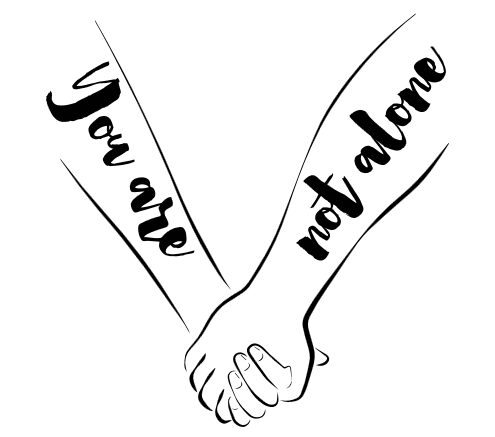
September is National Recovery Month, reminding us that treatment and support are available for those suffering from substance use and other mental health conditions. Working with a skilled counselor, participating in group therapy, and taking conventional medications can all be useful in recovery. What can natural medicine do to aid in recovery as well?
While I was a naturopathic medical student, I worked closely with folks in recovery at two Volunteers of America addiction recovery centers in Portland, Oregon. Some had just begun their journeys to recovery while others had been clean and sober for months to years and needed ongoing support.
In most cases of substance use recovery, sleep and the neuro-adrenal axis (that is, the chemical signaling pathways involving our brain and stress hormones) are disrupted. I see significant improvement in anxiety and depression symptoms when supporting these appropriately through herbs, nutrients, dietary counseling, stress management, and encouraging a regular sleep schedule of at least 8 hours per night. Additionally, it’s important to connect with sources of hope, meaning, and ongoing encouragement, as recovery can be a long journey with unpredictable ups and downs.
Naturopathic medicine has a variety of testing options to help determine where someone is most in need of support. Evaluating neurotransmitters and hormone breakdown products in the urine, testing key nutrients and hormones in the blood, and measuring stress hormones in saliva are just some of the ways we gauge the health of the neuro-adrenal axis.
Specific natural support avenues might include the following:
- Herbs and nutrients that calm and uplift the nervous system and restore balance to our neurotransmitters (brain signaling molecules involved in mood, sleep, and wakefulness)
- Hormone-supportive therapies (think adrenal glands, thyroid gland, and reproductive hormones)
- Detoxification support (liver support, balancing gastrointestinal function, encouraging healthy circulation, protecting and regenerating the mitochondria)
- Treating nutritional deficiencies with oral or IV nutrient therapies (many substances, including alcohol, lead to deficiencies in key nutrients)
- Regulating sleep, stress, exercise, and diet

If you or a loved one is struggling with substance use, know that treatment options are available. Useful guidance from the Substance Abuse and Mental Health Services Administration (SAMHSA) can be found at https://www.recoverymonth.gov/, and if you or someone you know is having thoughts of suicide, the National Suicide Prevention Lifeline is available at 1-800-273-8255.
We at Revolutions are happy to help you find the resources you need for appropriate recovery treatment and provide individualized testing and natural treatment support options.
